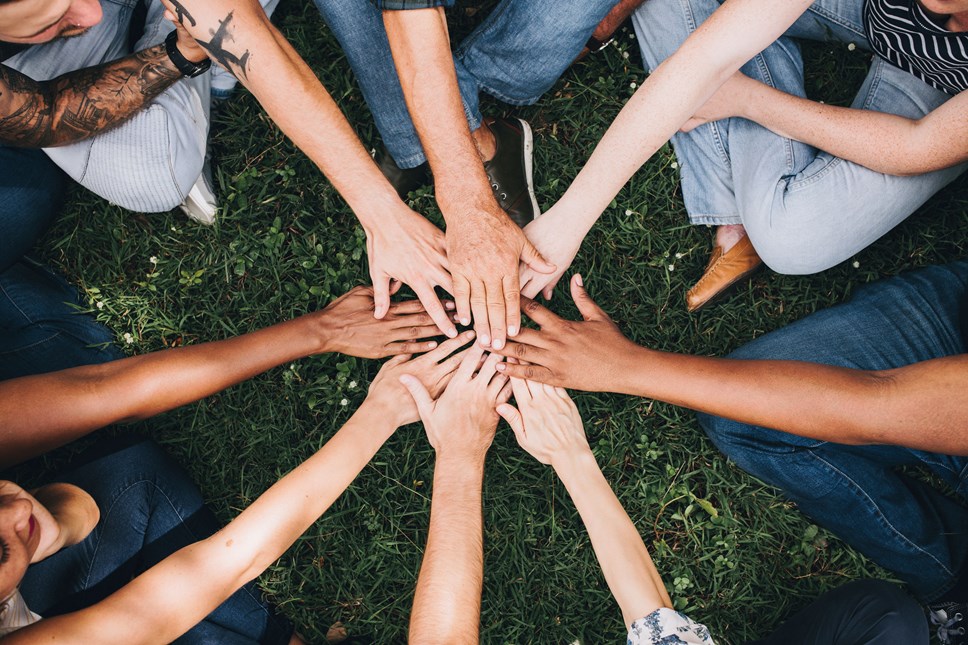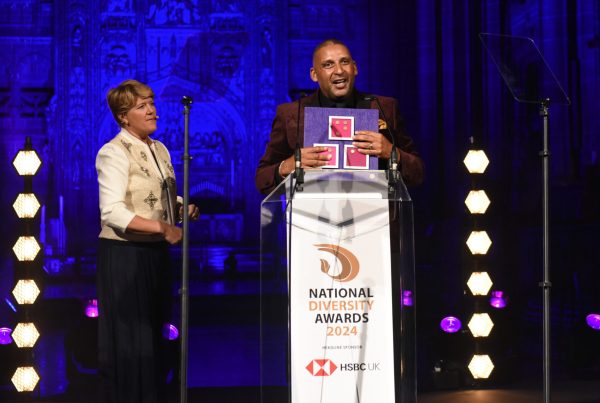Written by Corrina Refsgaard, Group Chief People & Culture Officer, ISS
The second reading of the Flexible Working Bill, which, if it passes, would mean that employers must consult with employees before they reject any flexible working requests, recently took place in the House of Commons. This move to legally formalise flexibility at work sends a clear message from lawmakers about how important it is to treat employees as the individuals they are.
By extension, such a Parliamentary debate can only serve to advance the state of our mental health and how work impacts on it. Taking into account childcare needs and desires for grater work/life balance via compressed working hours, for instance, acknowledges that hybrid working is here to stay, as well as having a positive effect on our mental health.
Proactively addressing the latter is no longer a �nice to have� for HR and People leaders. Employees have never been more attune with their workplace wellbeing, and the expectations they have of businesses have gone way beyond employee benefits. Positive mental wellbeing must simply be embedded in the company culture.
�An estimated 280 million people globally suffer from depression, and 1 in 5 of us will experience mental health concerns in the workplace at some point. These devastating facts are of great concern to me and my People colleagues at ISS working with HR functions across 30 markets and impacting more than 350,000 employees worldwide. And they are testament to the fact that mental health cannot just be addressed on Mental Health Day or in designated Mental Health Awareness Months – although these initiatives are great for fostering awareness on the agenda. If we really want to improve mental health at workplaces, we need to look at the entire foundation of our organisations and start implementing cultural changes. For the benefit of both employees and businesses.
Employers must walk the talk
In the years leading up to the COVID-19 pandemic, many of us welcomed the growing attention on mental health – as well as the interdependent themes within Diversity and Inclusion. This progress that we as People professionals experienced, provided us with new ways of operating and our employees with a �license� to bring their whole selves to work.
Because of the pandemic�s global impact in 2020, mental health support went from a �nice to have� to a true business imperative � not least due to �the great resignation�, brought about by the pandemic lockdown, prompting people to rethink their lives and work-life balance. In combination with other crucial events such as the Me Too and Black Lives Matter movements, and growing LBGTQ+ awareness, we are now dealing with a global workforce that expects � and rightly so � employers to do more than just develop flashy PowerPoint-presentations and policies. Businesses must walk the talk, taking both a greater social responsibility in society as well as supporting employees� individual wellbeing: work preferences, safety, and sense of belonging.
A recent ISS employee survey confirms this development. We asked over 1,000 colleagues in 27 countries about their workplace priorities. The survey showed that �physical and mental wellbeing� was of the second highest importance for ISS employees across all ages � right after �feeling respected�.
These insights are of great value to me because they demonstrate that we as leaders, not just within the HR and People function, but across all functions and at all levels, have a huge responsibility when it comes to embedding employee wellbeing in our workplace culture. If we fail, we will lose our employees.
The workplace as a �safe haven�
While we work with our people�s mental health at a �micro level�, I am also looking into the horizon where the next global �macro� societal crisis is looming. The International Monetary Fund (IMF) recently predicted that �the worse has not happened yet�, and that we can expect a tough 2023 with an economic contraction in a third of the world as a consequence of the energy crisis and inflation.
We are already experiencing the consequences on people�s household wallets and lives in general, and we must be ready to embrace yet another potential mass mental health crisis. We cannot remove the external pressures on our employees, but we can offer them a �safe haven� at the workplace: A place where company values are embedded and promoted at every touch point, where relationships between employees are fostered through spontaneous communication and social bonding, and where everyone can thrive and feel safe.
I strongly believe that the businesses that are able to create this sense of �belonging� for their employees � at all times – will not only reduce mental health issues, they will also be the future winners in the global war for talent.
About the author:
Corinna Refsgaard is the Group Chief People & Culture Officer at ISS, working with HR functions across 30 markets and impacting more than 350,000 employees worldwide, and is a member of the Supervisory board of ISS World Services A/S and ISS Facility Services Holding GmbH.
Corinna is responsible for the People & Culture organization and processes globally, driving profitable growth through people, culture, process and systems. She has also digitalised the People & Culture processes and hugely contributed to the culture change to become the Global Company of Belonging. Corinna studied Business Studies at the University Pforzheim where she achieved a Diploma in 1991.





